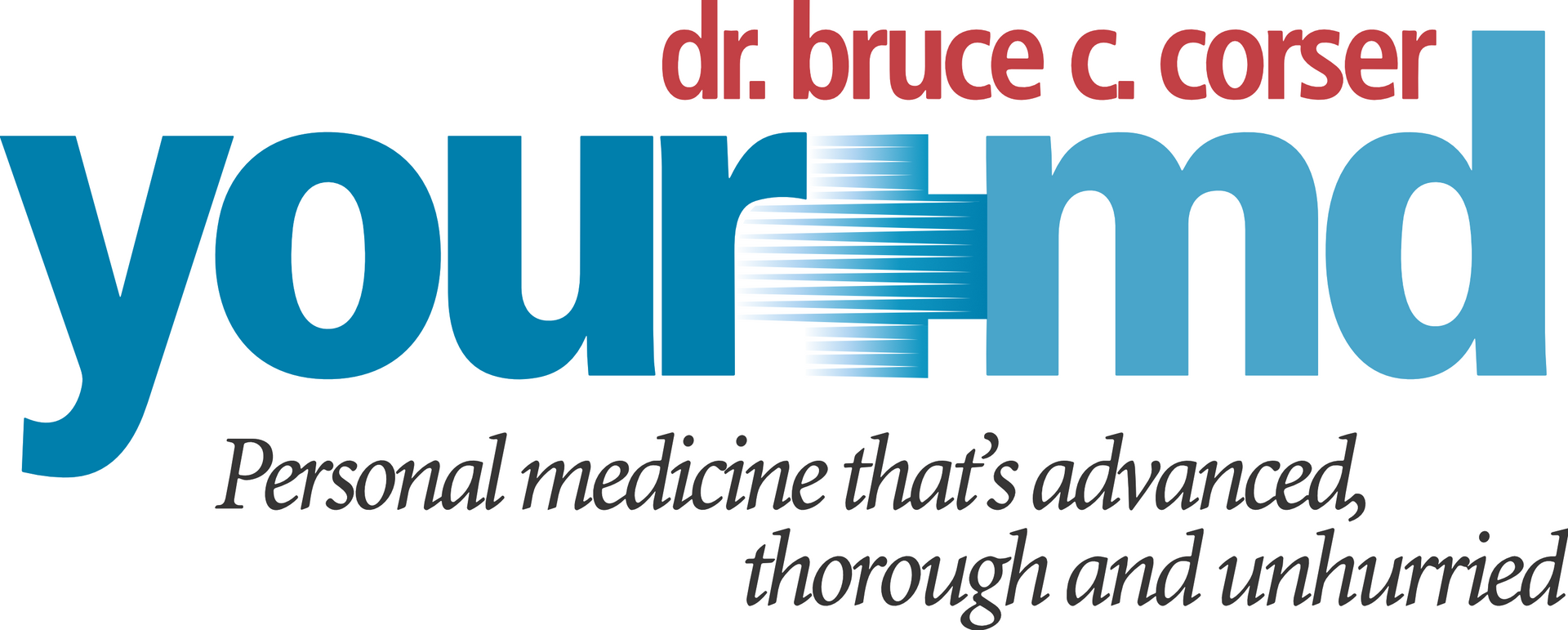What is Concierge Medicine And Why is it Growing so Fast?
Boutique medicine. Retainer-fee practice. Direct care. Membership medicine.
These are just some of the many terms used by journalists, patients, and even physicians to describe concierge medicine. It’s no wonder that it can be a bit confusing. However, despite all of the jargon, it’s a surprisingly simple system to understand. Concierge medicine is a system in which patients take control of their care by paying an extra fee to get better access to and more personalized care from their doctor. In return, doctors carry a much lighter patient load so they can give far more of their time and attention to their concierge patients.
The concept was born in 1996, when a Seattle doctor asked his patients to pay a flat fee (a monthly or annual retainer) in exchange for what he called “highly attentive medicine.” By doing this, the doctor no longer had to rely on the fee-for-service model regulated by insurance companies. Physicians like myself who are credentialed on all major health plans (except Medicaid) will also bill their patient’s private insurance company (in addition to the retainer fee).
The bottom line is that concierge medicine allows physicians to spend more time with fewer patients — which results in more time to get to know patients, more time to carefully review their issues, and more time for careful diagnosis and treatment.
It’s a new system that allows today’s doctors to know their patients much like they did in the past. With concierge memberships, primary care doctors often provide specialized services like guaranteed same- or next-day visits, 24-hour access to the doctor, less time in the waiting room, and sometimes even house calls. Most important, concierge medicine works.
Concierge physicians like myself report less payout, fewer hospital admissions, and improved care that prevents chronic, costly conditions like hypertension, high cholesterol, and diabetes.
If you’re interested in learning more, just give my office a call at 513-721-9600.
Sources:
The Pros & Cons of Concierge Medicine
https://en.wikipedia.org/wiki/Concierge_medicine
